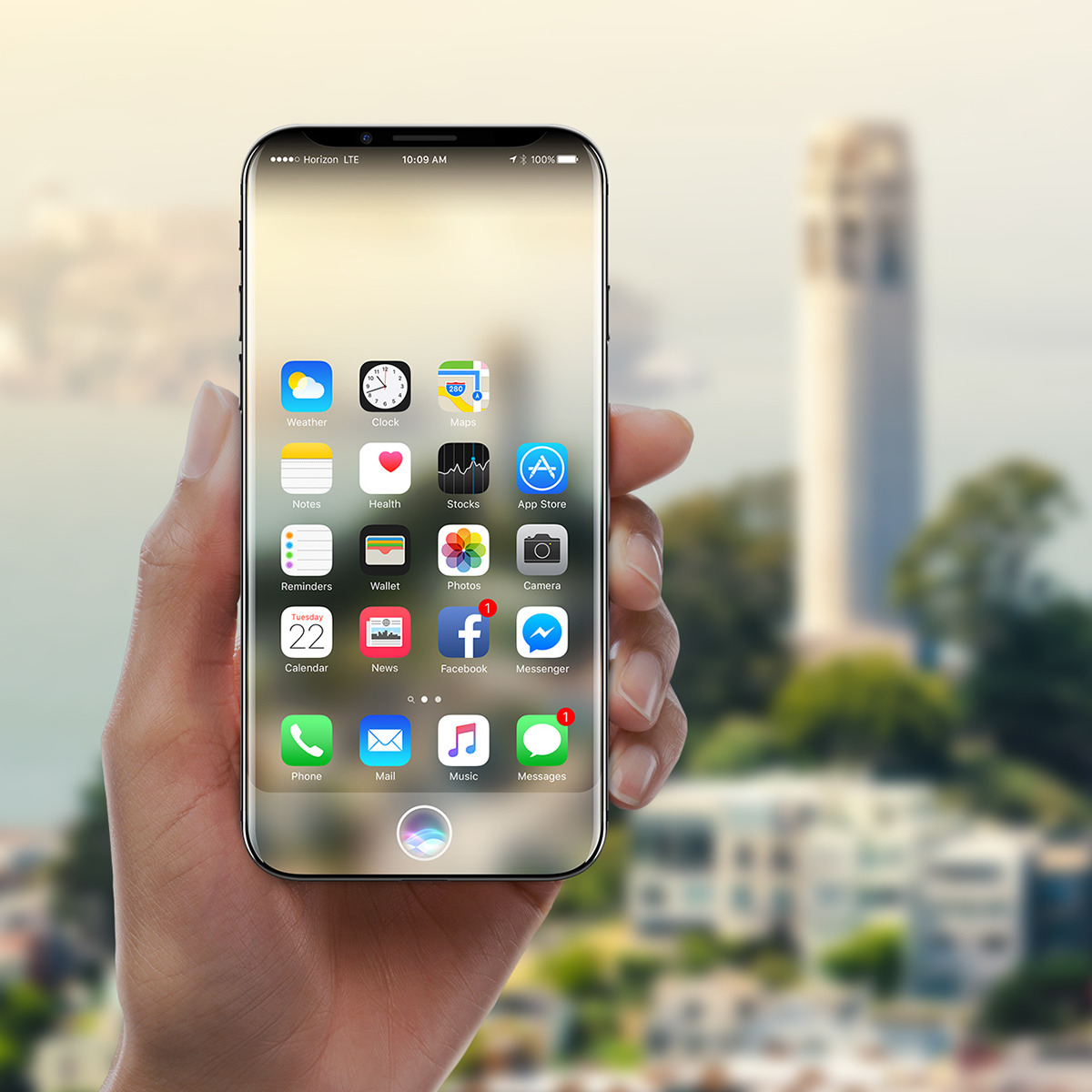Samsung is working to triple its share of the contract chip manufacturing industry within the next five years, a company executive said on Monday — possibly supporting rumors that Apple will add Samsung back to A-series production for next year's iPhones.
Samsung is looking to hit 25 percent marketshare by adding more clients, including a mix of big and small companies, Samsung foundry division leader E.S. Jung explained to Reuters. The goal is to become a "strong No. 2 player," he said.
The world's biggest contract chipmaker, TSMC, currently manufactures all of the A-series processors for new iPhones and iPads, and in fact controlled 50.6 of the overall contract industry in 2016 versus Samsung's slim 7.9 percent.
Samsung already has clients like Nvidia and Qualcomm, but may need a share of Apple orders if it wants to gain serious ground. The company hasn't been a significant part of Apple processor supply since the launch of the iPhone 6s in 2015, when A9 orders were split with TSMC.
Last week reports said that Samsung has already secured some orders for A-series processors due next year. Publicly, the company has only confirmed that it will start using extreme ultraviolet lithography to produce 7 nanometer chips in the second half of 2018 — possibly just in time for an "iPhone 9," though it would still have to compete with TSMC.
 Roger Fingas
Roger Fingas








 Christine McKee
Christine McKee
 Malcolm Owen
Malcolm Owen
 Marko Zivkovic
Marko Zivkovic

 Andrew Orr
Andrew Orr
 Andrew O'Hara
Andrew O'Hara
 William Gallagher
William Gallagher



-m.jpg)



11 Comments
Samsung can offer something TSMC cannot. A package deal with their OLED display panels and cutting edge v-NAND memory product.
Samsung is going to pull away from TSMC also in foundry capabilities.
Samsung and Apple are going to dominate the mobile computing industry.
We’ve already read in a couple of places that the DigiTimes assertion that Apple is going to move some SoC production back to Samsung next year is false. Let’s not repeat that rumor, please.
No, you are all wrong. Samsung is ramping up production so it can take up the slack when Apple falls on its face with the next round of iPhones. This is for Samsung to be able to make more phones when people stop buying iPhones. This is a fact not in dispute. <s>